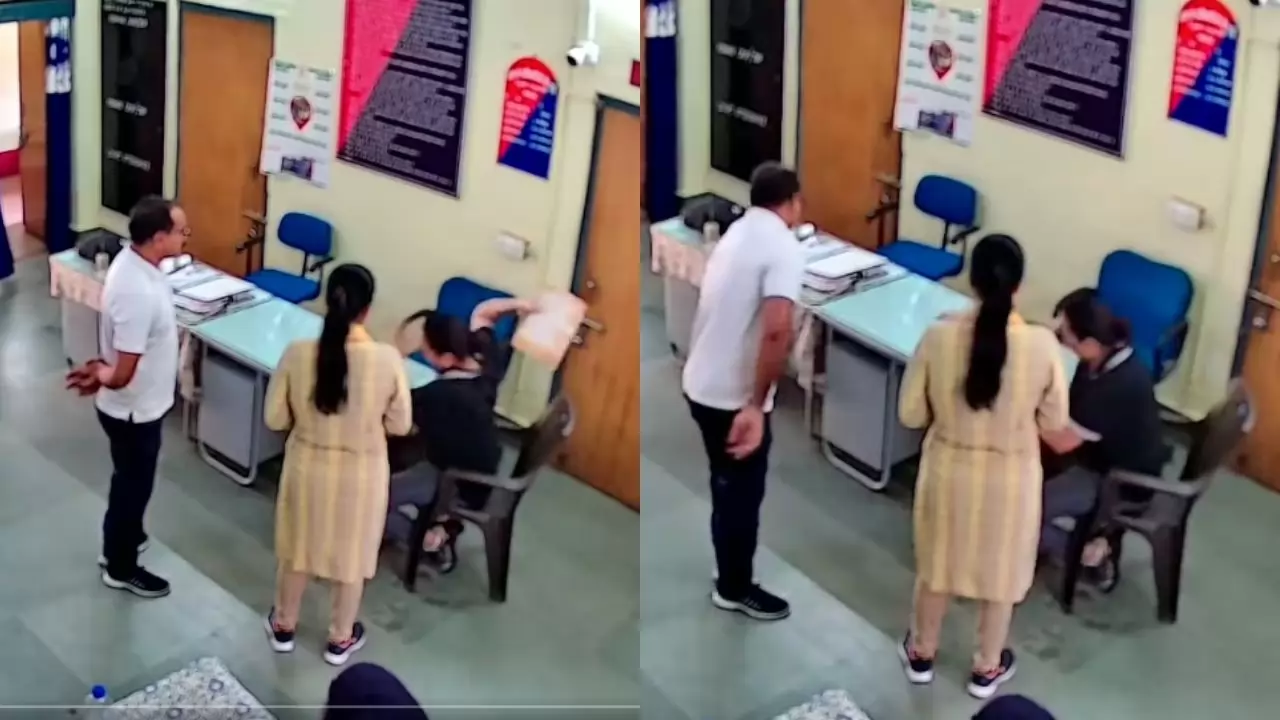
Screengrab of video (X/NCMIndiaa)
New Delhi: A shocking incident has emerged that involves RPF Inspector Sunita Minj, who has reportedly filed over nine cases under the SC/ST Act against her colleagues and subordinates. Allegations suggest that these actions may be an attempt to settle personal scores and extort individuals within the Railway Protection Force (RPF).
According to reports, Inspector Minj's filings have raised serious questions about the legitimacy of her claims. Critics argue that these complaints are not based on genuine issues but rather stem from personal grudges. Such misuse of the SC/ST Act not only undermines the trust in the legal framework designed to protect marginalized individuals but also tarnishes the reputation of law enforcement.
Adding a layer of complexity to this situation is the alleged turmoil in Minj's personal life. Her husband, Dipak Shrivastava, a railway employee aged 42, reportedly suspected her of having an extramarital affair. This suspicion has led to frequent quarrels between the couple since their marriage two years ago. The couple’s domestic issues may have contributed to the ongoing conflicts within the RPF, potentially influencing Minj's actions against her colleagues.
Meet RPF Inspector Sunita Minj, who filed more than 9 cases under the SC/ST Act against her colleagues and subordinates to allegedly settle her grudges against them and to extort.pic.twitter.com/tHQ77ajATF
— NCMIndia Council For Men Affairs (@NCMIndiaa) September 22, 2024
The situation has prompted scrutiny from various quarters. Colleagues and officials within the Railway Protection Force (RPF) have expressed shock over the allegations, suggesting that such behaviour undermines the integrity of the department. As the claims come to light, there are calls for a thorough investigation to determine the validity of the accusations against Minj.
The misuse of the SC/ST Act is a serious concern, as it can diminish the trust in legal protections designed to support those facing discrimination. Legal experts warn that when the Act is misapplied, it not only harms the individuals falsely accused but also threatens the welfare of those who genuinely need protection under the law.





Copyright © 2026 Top Indian News
